Country Life Today: The No-deal Brexit house price crash
Today we look at property in a post-Brexit world, plans to transform Inverness Castle into a culture space, the fierce side of seals and why bats are getting a manicure.


Number-crunchers predict post-Brexit house price crash
Claim and counter-claim of the various Doomsday scenarios for post-Brexit Britain have tended to focus on clogged ports, shortages of food and medicine and small businesses forced to close. But it seems that house prices will be another casualty, according to accountancy firm KPMG.
'UK house prices could crash by as much as a fifth if Boris Johnson pursues a no-deal Brexit, and the biggest falls would be in London and Northern Ireland,' says The Guardian's article on the report.
The firm does make clear that '10-20%' is a likely worst-case scenario 'if the market reacts more strongly than anticipated'. They presently anticipate a more modest drop of 6%, though things will be worse in London and Northern Ireland where Brexit's ill-effects will be most keenly felt.
New future for Inverness's ancient Castle
Inverness has had a castle since the 11th century, every since Malcolm III razed to the ground the nearby base of Macbeth. In the course of the succeeding thousand years it's been fought over, burned down, rebuilt and destroyed once more.
Now, the present castle — which dates to 1836 — looks set for a rather more sedate future as a new culture, arts and heritage space. The castle is presently used as a law court, but the courts will relocate early next year and the new era can begin.
As part of the scheme, the castle’s two towers will be linked for the first time and a new museum will be created on the grounds of the Town House car park. Full story (The Press & Journal)
Sign up for the Country Life Newsletter
Exquisite houses, the beauty of Nature, and how to get the most from your life, straight to your inbox.
Look but don't touch: Warning to beachgoers to stay away from Britain's grey seals
Marine conservation charities are urging beach-goes to keep their distance from seals to prevent scaring the animals, which in turn may cause them to react and bite.
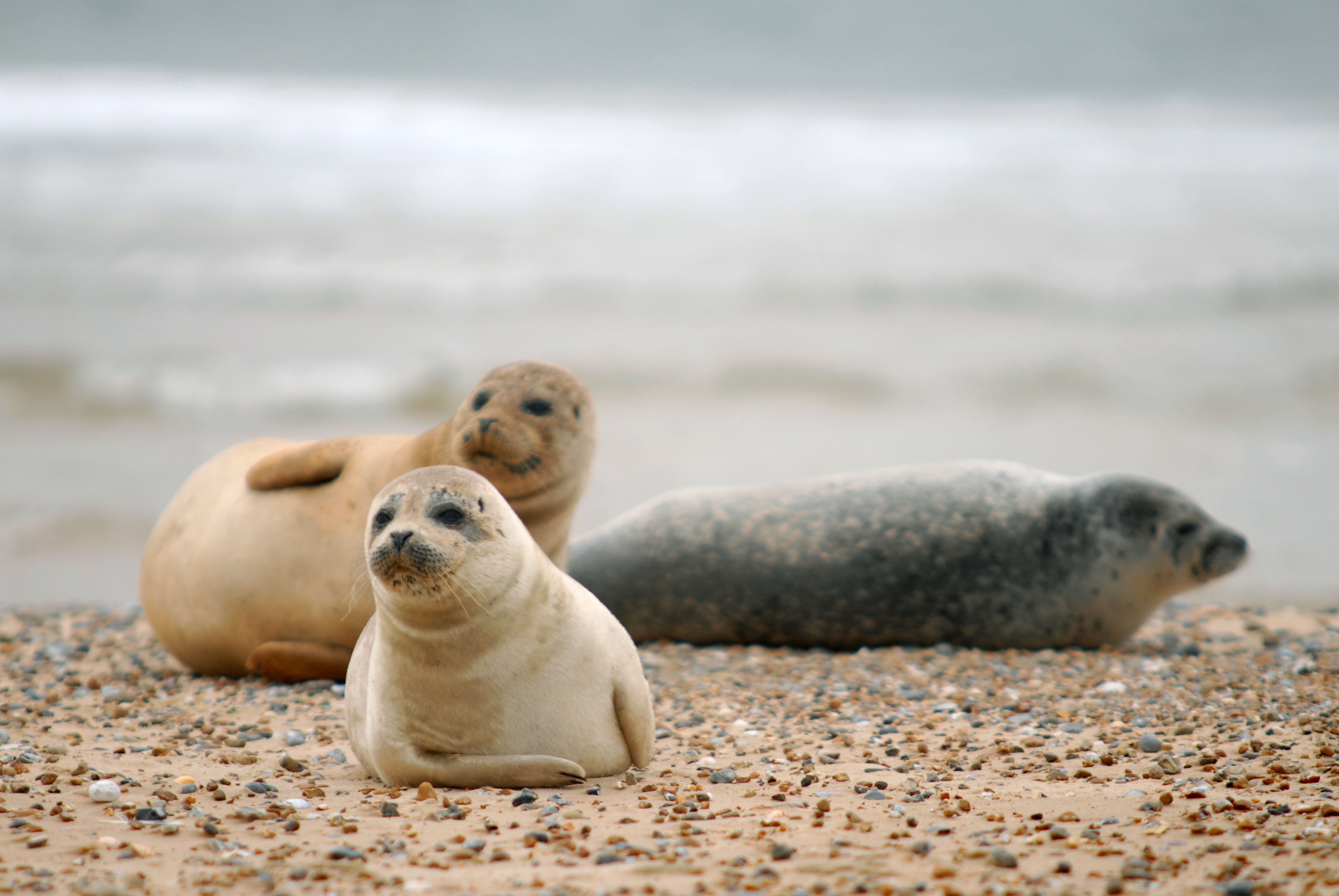
The warning follows an accident in which a distressed seal pup inflicted a ‘extremely nasty, very deep bite’ on a marine rescue volunteer. Read full article (Country Life)
Heightened danger for Great Barrier Reef
The future is looking grim for the Great Barrier Reef. Rising sea temperatures and pollution are killing off coral and destroying the marine habitats, leading Australian authorities to downgrade the outlook for the Reef from ‘poor’ to ‘very poor’.
Local conservationists believe it is possible to stem the decline but only if the Australian Government takes urgent action.
On This Day... the Great Fire of London started
Just after midnight on September 2, 1666, a fire broke out in the bakery of a Thomas Farynor in Pudding Lane. A strong wind blowing from the east fanned the flames towards Fish Hill and the Thames, where the fire found fresh fuel in warehouses brimming with oil, timber and ropes.
By the time it was put out, about 13,200 houses, 87 churches and 436 acres of land had been burned to the ground. London took more than 50 years to rebuild. And Mr Farynor? He and his family managed to escape unscathed by climbing onto a neighbour’s roof.
Discover three myths about the Great Fire of London with the Museum of London
Bright future for green electricity
Renewable sources have outstripped coal in generating electricity across the 36 country members of the Organisation for Economic Co-operation and Development in 2018.
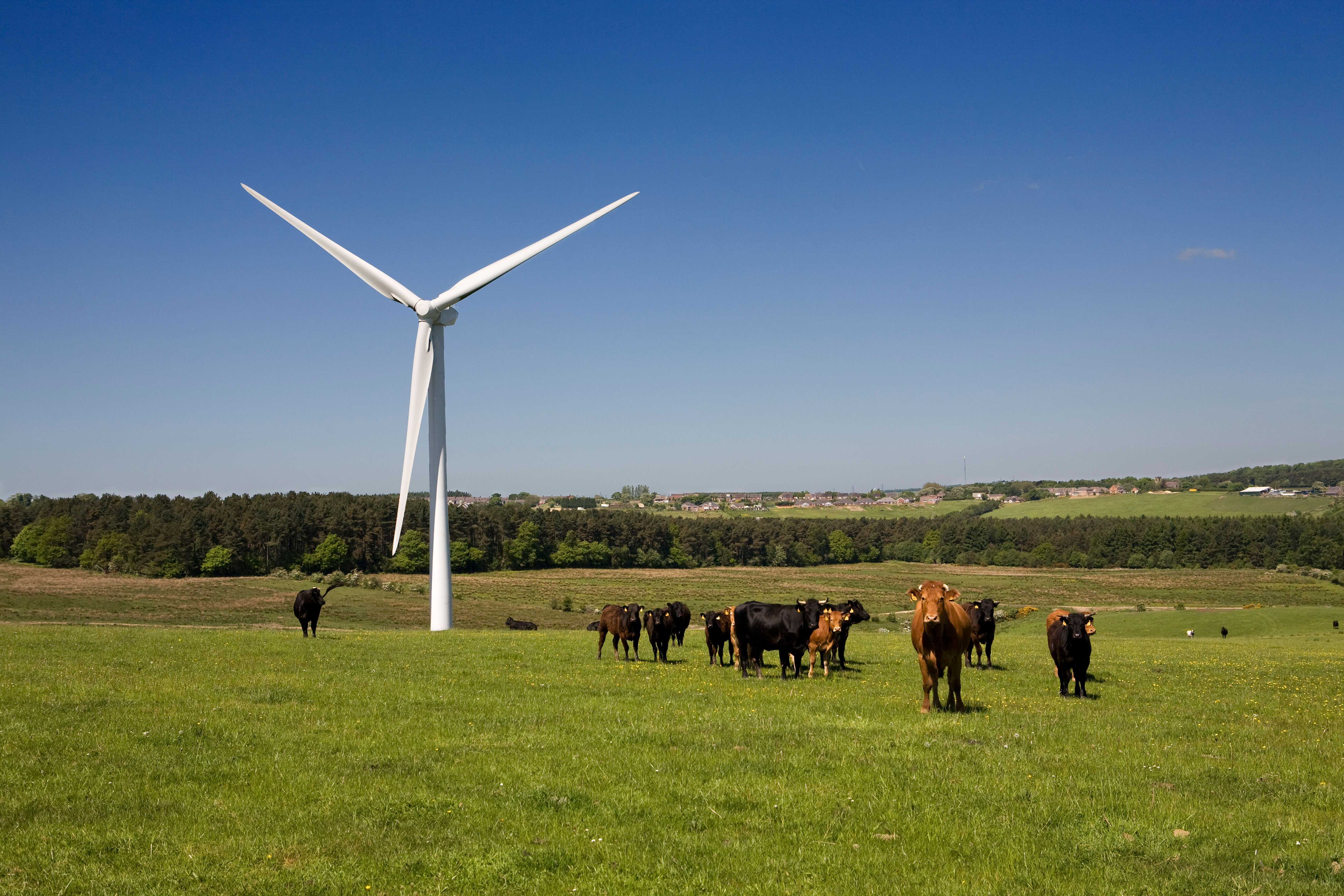
Even better, in the UK, coal usage decreased by more than 64% in the five months from January to May 2019, compared to the same period last year.
Cornish anglers catch (and release) a porbeagle shark
Four Cornish friends who went shark-fishing for the first time in their life hooked a rare porbeagle shark, which some consider a distant cousin of the Great White, off the coast of Falmouth. After snapping a few pictures, they returned their catch — which is a critically endangered species — to the sea.
However, this caused a backlash on social media, with marine conservation charities calling for better education and reminding people that, if caught, porbeagles should be released in water and not brought on board.
And finally… why bats are getting a manicure
Scientists have used different colours of nail polish to mark the nails of Cuban greater funnel-eared bats in a bid to get a clearer idea of how many of them are left.
Once thought extinct, this rare species survives only in a cave in Western Cuba, with less than 750 animals remaining.
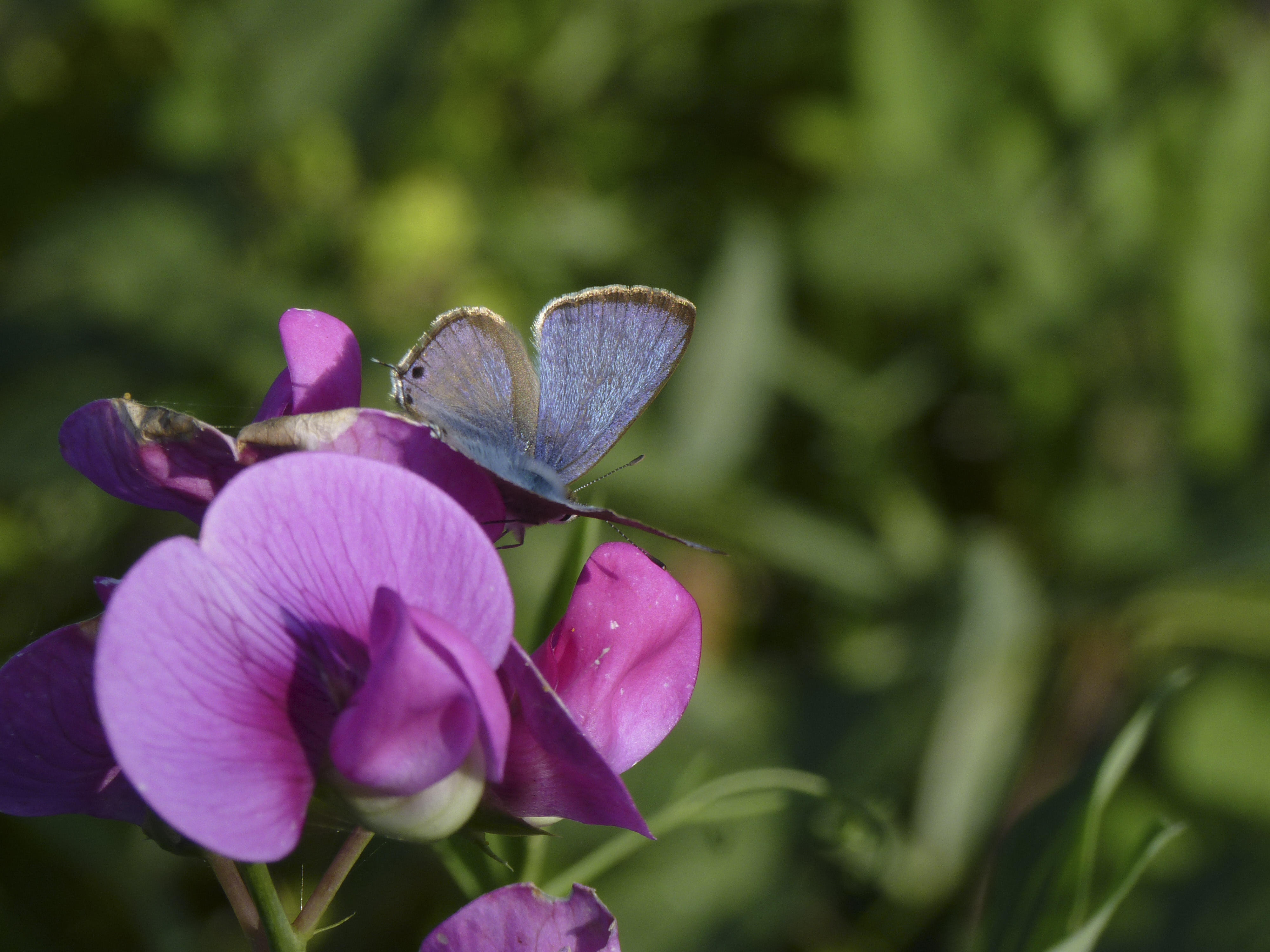
Country Life Today: Summer's most beautiful invader, and farewell to the model of the 21st century Duke
Today's round-up features wonderful news from a Somerset farm, a two-week project to clean-up the Cerne Abbas Giant and the
Carla must be the only Italian that finds the English weather more congenial than her native country’s sunshine. An antique herself, she became Country Life’s Arts & Antiques editor in 2023 having previously covered, as a freelance journalist, heritage, conservation, history and property stories, for which she won a couple of awards. Her musical taste has never evolved past Puccini and she spends most of her time immersed in any century before the 20th.
-
 A rare opportunity to own a family home on Vanbrugh Terrace, one of London's finest streets
A rare opportunity to own a family home on Vanbrugh Terrace, one of London's finest streetsThis six-bedroom Victorian home sits right on the start line of the London Marathon, with easy access to Blackheath and Greenwich Park.
By James Fisher
-
 Materials, textures, construction, expression: A Brutalist watch on your wrist
Materials, textures, construction, expression: A Brutalist watch on your wristLuxury watchmakers are seeking to bridge the gap between two contrasting styles, with exciting results.
By Chris Hall
-
 The brilliant tractor tribute to the NHS from a group of Warwickshire farmers
The brilliant tractor tribute to the NHS from a group of Warwickshire farmersPeople around Britain have been paying tribute to the efforts of our NHS workers at the time of the coronavirus pandemic — but few have been as creative and clever as this one.
By Toby Keel
-
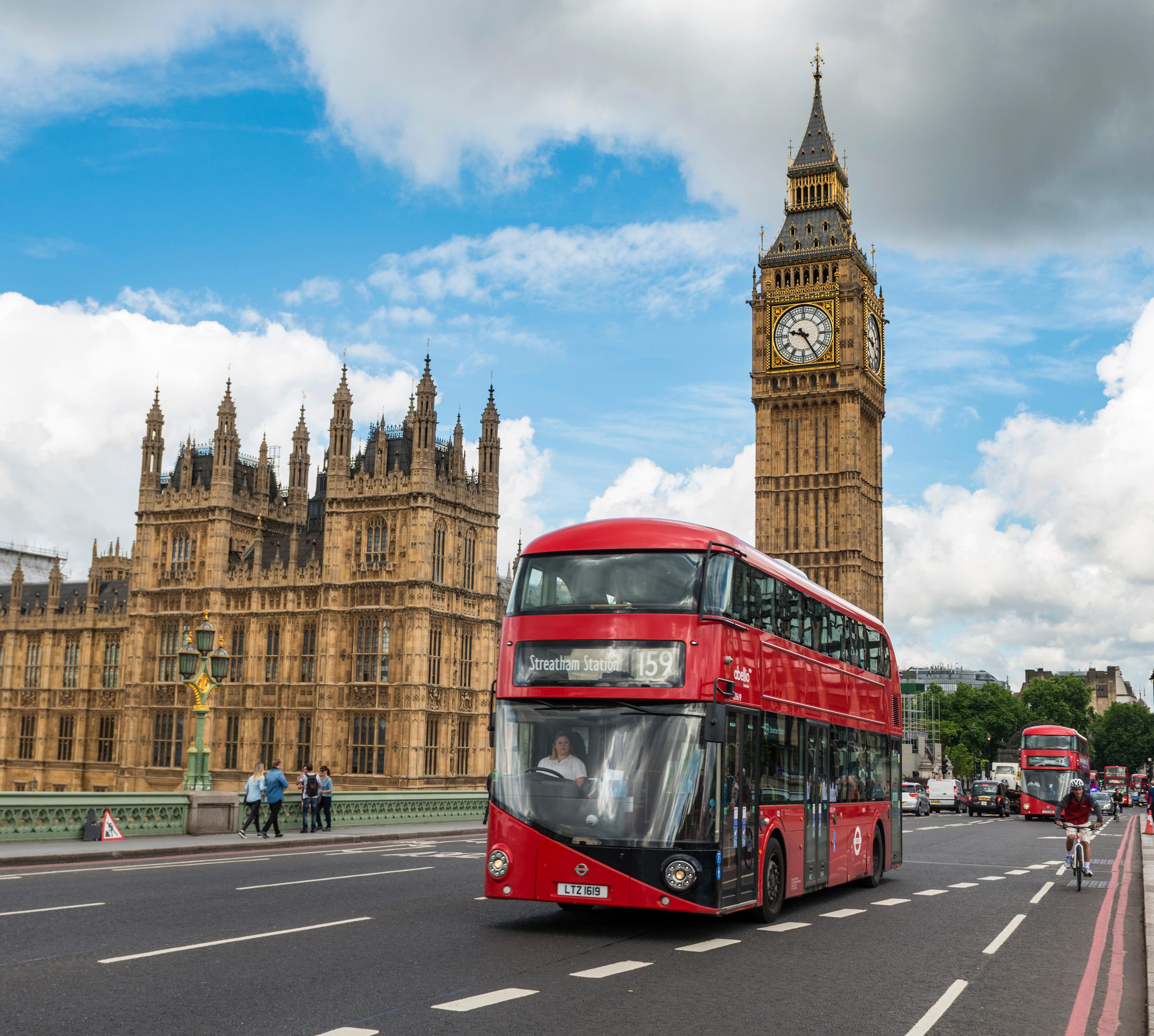 London's iconic red bus at risk and 6,000 year old chewing gum gives clues into our DNA history
London's iconic red bus at risk and 6,000 year old chewing gum gives clues into our DNA historyCuts to industry subsidies and an increase in fares has left bus use at its lowest point ever, while DNA extracted from ancient 'chewing gum' allows scientists to decipher the genetic code of a Stone Age woman.
By Alexandra Fraser
-
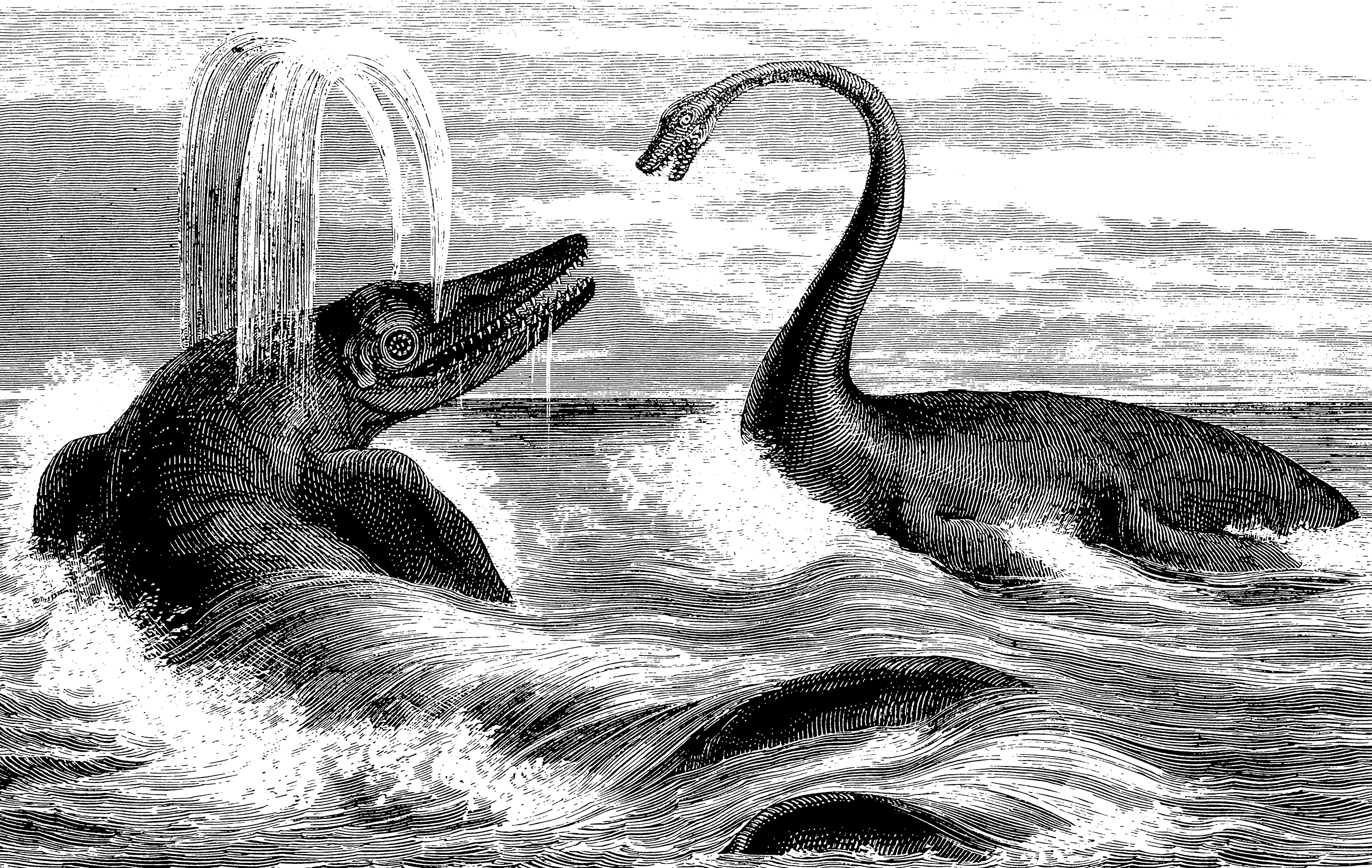 90-million-year-old 'swimming dinosaur' skeleton found by dogs out walking in Somerset, and the nonchalant moths who don't bother fleeing enemies
90-million-year-old 'swimming dinosaur' skeleton found by dogs out walking in Somerset, and the nonchalant moths who don't bother fleeing enemiesA superbly intact dinosaur skeleton — described as being 'museum quality' — has been discovered on a beach in Somerset.
By Toby Keel
-
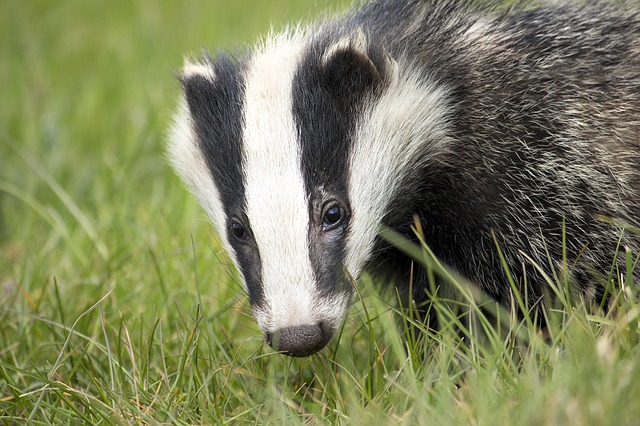 Battle to ban 4x4s from the idyllic Lake District spot bequeathed by Beatrix Potter, eagle fights octopus and the 'snail's pace' climate talks
Battle to ban 4x4s from the idyllic Lake District spot bequeathed by Beatrix Potter, eagle fights octopus and the 'snail's pace' climate talksThis morning we look at Little Langdale's fight for peace, reflect on the climate change talks in Madrid and discover the soundtrack for Brexit.
By Toby Keel
-
 Country Life Today: How Greta Thunberg shifted the dial on climate change — and the backlash shows just how much
Country Life Today: How Greta Thunberg shifted the dial on climate change — and the backlash shows just how muchThis morning we ponder whether Greta Thunberg is the Joan of Arc for the environmental movement, look at a key election — one from 19 years ago — and ponder the marvel of 'dad tidying'.
By Toby Keel
-
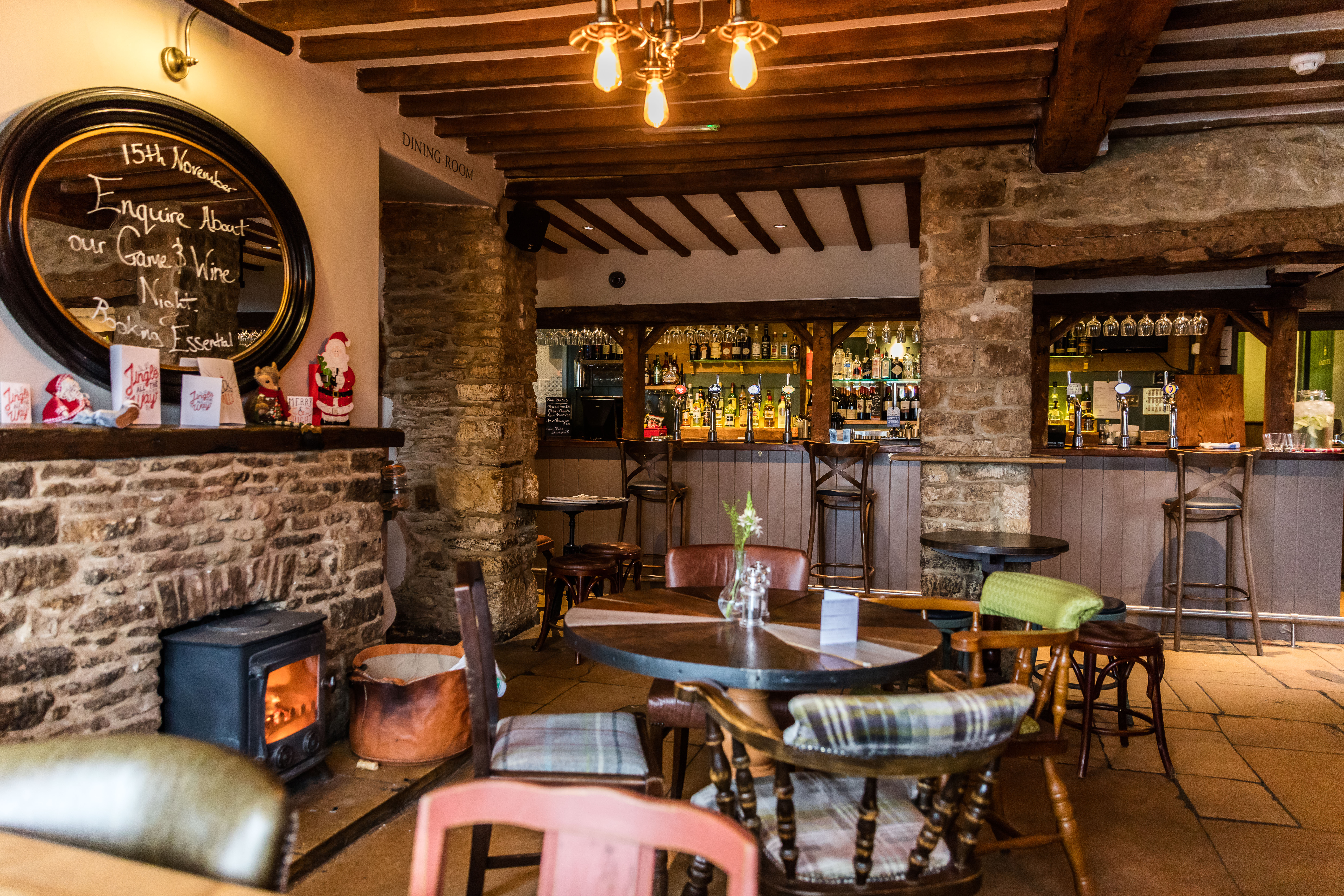 Country Life Today: Great news for those who love our great country pubs — the years of decline are over
Country Life Today: Great news for those who love our great country pubs — the years of decline are overThere is a great sign of health in the pub industry, we look back at Edward VIII's abdication message and fret about Greenland's melting ice.
By Toby Keel
-
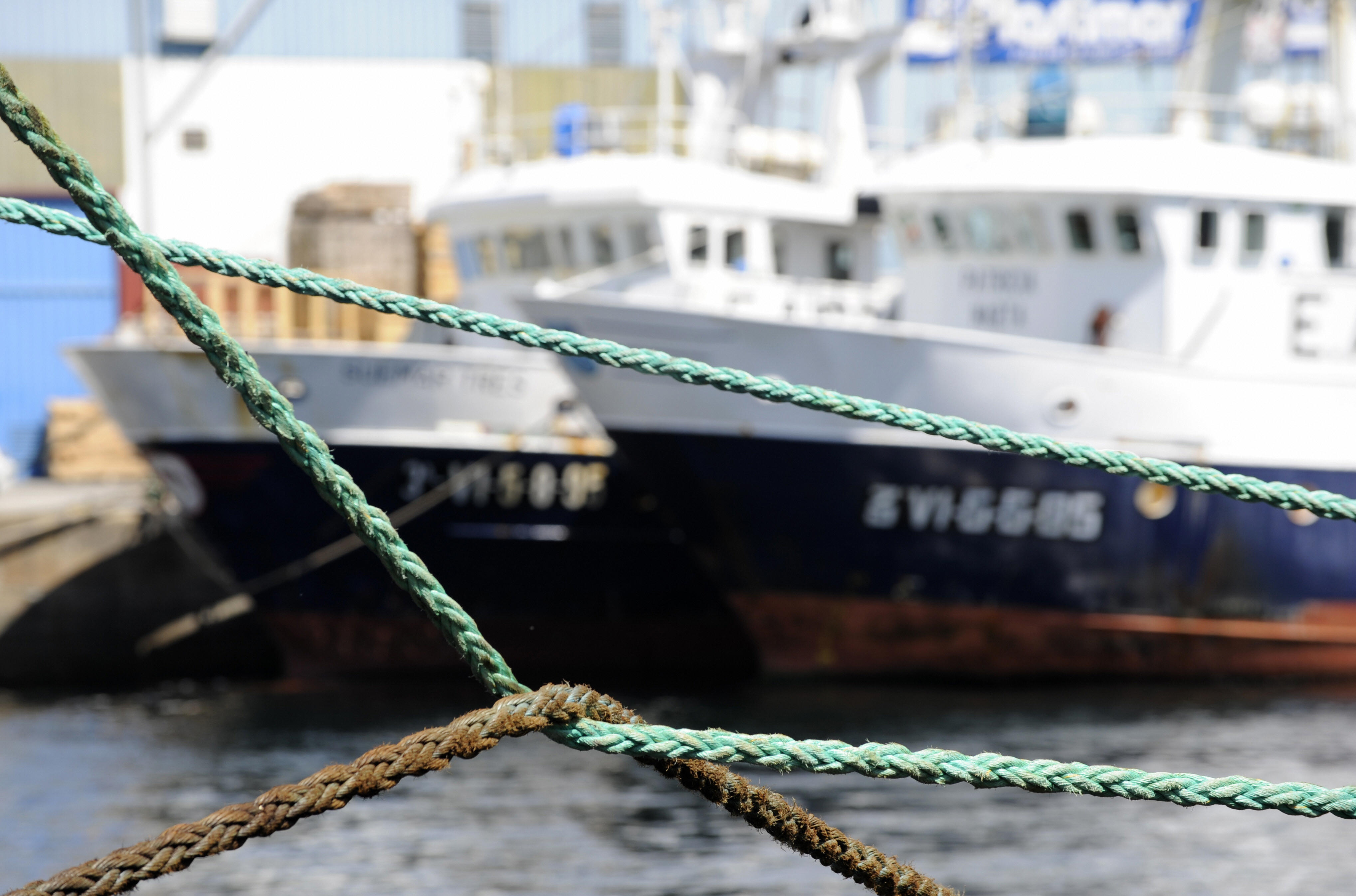 Country Life Today: Spain accused of being 'a deplorable choice' for UN climate conference
Country Life Today: Spain accused of being 'a deplorable choice' for UN climate conferenceA no-holds-barred assault on the Spanish fishing industry, Banksy raising awareness of the homeless and the woes of the Christmas jumper are in today's news round-up.
By Carla Passino
-
 Country Life Today: 'This is perhaps the ultimate wake-up call from the uncontrolled experiment humanity is unleashing on the world’s oceans'
Country Life Today: 'This is perhaps the ultimate wake-up call from the uncontrolled experiment humanity is unleashing on the world’s oceans'In today's round up, we examine why oxygen loss is putting oceans at risk, discover that action to cut air pollution brings almost immediate benefits to human health and find out which bird's arrival marks the start of winter in Gloucestershire.
By Carla Passino